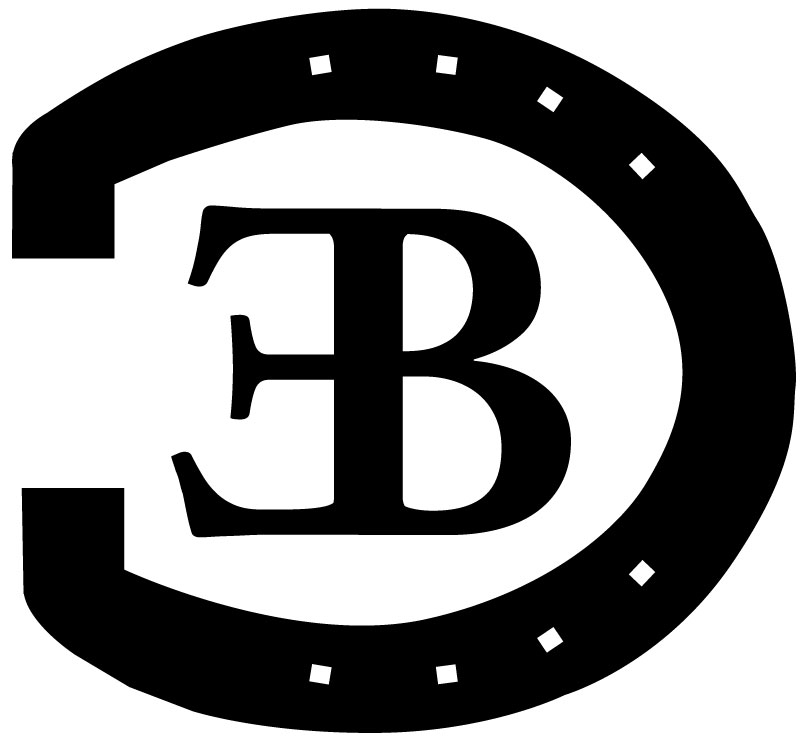Genomes Code Of Life
This is my take away of a keynote speech, plus life experiences, that I attended at the 2018 American Hanoverian Society Annual Meeting given by geneticist Dr.Samantha Brooks.
In the past 10 years we have had massive improvements on technology; which has created efficiency of gene mapping to multiply to the magnitude of such increase, which allows for the number of gene variances that are being identified to discover diseases with scientific evidence.
With these new abilities geneticists are able to now decode the 97%, the why and the how, of the 3% that produce the proteins that we have known about for years. Geneticists can now take a horse’s DNA and map out deviations that cause traits are we either want or don't want. There are sooooo many disease indicators that have been identified, yet the public does not know exists. Who’s responsibility is it to take the scientific information that is being published in veterinary journals of medicine and translate it to the equine consumer?
There are over 60 horse diseases that have been discovered that can give us the knowledge so we can better manage them as individuals. Metabolic syndrome is one of them. If you could know your horse has in his future to founder or have Cushings you would change that horses diet from birth to prevent the disease? Same with the RLN gene which causes roaring. They can even Identify the genes that control the dopamine receptors in the brain which control temperament. Like curiosity vs. vigilance. The science is out there and exponentially growing just not being transcended to horse owners.
The way this effects us has horse owners is that if we are doing a PPE on a horse we can foresee future disease risks, performance risks and temperament. With our current horses it allows us to better manage them and our expectations of them. Like diet for IR horses, turnout of AG/AA temperament horses, exercise programs for PSSM horses. For breeders we can better choose which horses we will like to keep in our breeding programs for future generations. So we can prevent catastrophic accidents. The company that offers these hair DNA test equivalent to 23 and me for humans is called Etalon Diagnostics.
This new era of technology and science has brought to our attention the new ability to be able to prevent disease and harmful traits not just treat them afterwards. Is it the breeders responsibility to act upon the knowledge they now have? A completely disease free carrier allele horse may not be possible in our lifetime but shouldn't it be our goal like the “10” score for our future? Mutations will always continue to happen but now we are aware. It is statistically proven that if allele is allowed to be carried on in population then the percentage of the affected population will increase. For example the Quarter Horse Stallion Impressive and HYPP.
Why we need to use this knowledge that is now available with gene mapping is that these “negative” traits that we call diseases are tied to the very wanted and needed traits. For example. On the gene that controls height is also the gene that causes RLN, roaring, so we want to ride horses not ponies we need to selectively choose the genes that produce tall not roaring horses. If we want the big strong muscles of a quarter horse then we need to watch out for the mutation HYPP. So we need to choose breed stock that has the wanted muscle mass with out the HYPP gene. For dressage we want elasticity in our horses. It makes the movement we so desire. However the collagen producing gene mutation that causes FFS is linked to the phenotype we love in our flexible warmbloods.
Without gene mapping we would accidentally breed for these diseases unknowingly because the mutations are hiding in the traits we love. Now that we are aware it is our responsibility to prevent further creation of horses that have these alleles. Genetics is statistics. If you are a carrier of a gene, then no matter who you breed to, even a partner without the gene, there is a 50% chance you will pass that gene on. Is it worth the risk to breed your mare knowing that 1 in 2 foals won't be future breeding stock because they have a Trojan in their code of life? For large breeders who have the luxury of picking the cream of the crop it is an option. However for a small breeder like myself I can't afford such risks and would like to produce the best that my knowledge allows. Our knowledge of horse will always continue to grow and mutate much like DNA will. Now we have the option of seeing our hand before it is dealt. That gives us a statistical advantage if we choose to use it. If we don't then we put a greater risk on the lives that we create and the livelihood of our industry.
